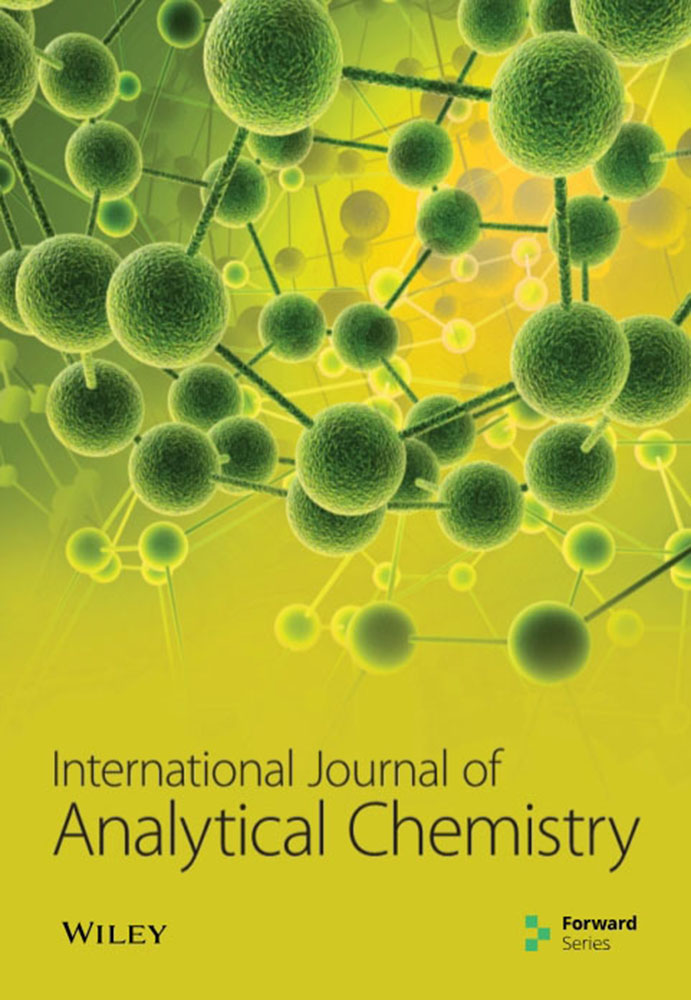Study on the Characteristics of Traditional Chinese Medicine Syndromes in Patients with Erosive Gastritis Based on Metabolomics
IF 1.5
4区 化学
Q3 CHEMISTRY, ANALYTICAL
引用次数: 0
Abstract
According to traditional Chinese medicine theory, tongue coatings reflect changes in the body. The goal of this study was to identify a metabolite or a set of metabolites capable of classifying characteristics of traditional Chinese medicine syndromes in erosive gastritis. In this study, we collected tongue coatings of patients with erosive gastritis with damp-heat syndrome (DHS), liver depression and qi stagnation syndrome (LDQSS), and healthy volunteers. Then, we analyzed the differences in metabolic characteristics between the two groups based on metabolomics. We identified 14 potential biomarkers related to the DHS group, and six metabolic pathways were enriched. The differential pathways included pyrimidine metabolism, pantothenate and CoA biosynthesis, citrate cycle (TCA cycle), pyruvate metabolism, glycolysis/gluconeogenesis, and purine metabolism. Similarly, in the LDQSS group, we identified 25 potential biomarkers and 18 metabolic pathways were enriched. The top five pathways were the TCA cycle, sphingolipid metabolism, fatty acid biosynthesis, pantothenate and CoA biosynthesis, and the pentose phosphate pathway. In conclusion, the DHS group and the LDQSS group have different characteristics.基于代谢组学的侵蚀性胃炎患者中医证候特征研究
根据传统中医理论,舌苔反映了身体的变化。本研究的目的是找出一种或一组能够对糜烂性胃炎的中医证候特征进行分类的代谢物。在这项研究中,我们采集了湿热蕴结证(DHS)、肝郁气滞证(LDQSS)糜烂性胃炎患者和健康志愿者的舌苔。然后,我们根据代谢组学分析了两组患者代谢特征的差异。我们发现了 14 个与 DHS 组相关的潜在生物标记物,并富集了 6 条代谢通路。这些差异途径包括嘧啶代谢、泛酸和 CoA 生物合成、柠檬酸循环(TCA 循环)、丙酮酸代谢、糖酵解/葡萄糖生成和嘌呤代谢。同样,在 LDQSS 组中,我们确定了 25 个潜在的生物标记物,并丰富了 18 个代谢途径。排在前五位的途径分别是 TCA 循环、鞘脂代谢、脂肪酸生物合成、泛酸和 CoA 生物合成以及磷酸戊糖途径。总之,DHS 组和 LDQSS 组具有不同的特征。
本文章由计算机程序翻译,如有差异,请以英文原文为准。
求助全文
约1分钟内获得全文
求助全文
来源期刊

International Journal of Analytical Chemistry
CHEMISTRY, ANALYTICAL-
CiteScore
3.10
自引率
5.60%
发文量
117
期刊介绍:
International Journal of Analytical Chemistry publishes original research articles that report new experimental results and methods, especially in relation to important analytes, difficult matrices, and topical samples. Investigations may be fundamental, or else related to specific applications; examples being biological, environmental and food testing, and analysis in chemical synthesis and materials processing.
As well as original research, the International Journal of Analytical Chemistry also publishes focused review articles that examine the state of the art, identify emerging trends, and suggest future directions for developing fields.
 求助内容:
求助内容: 应助结果提醒方式:
应助结果提醒方式:


